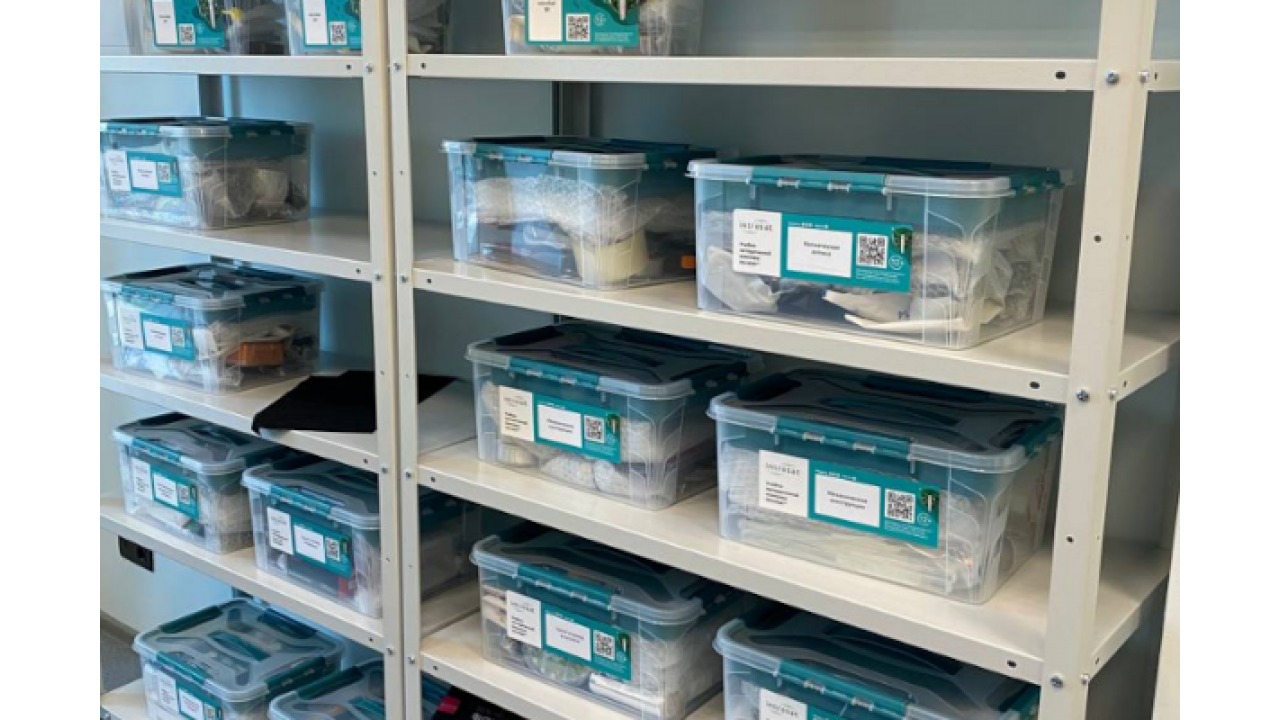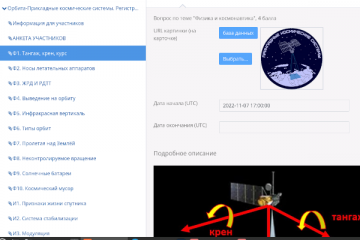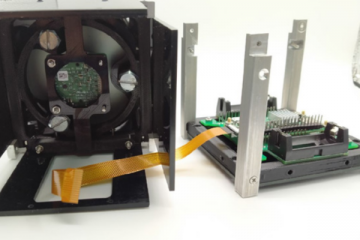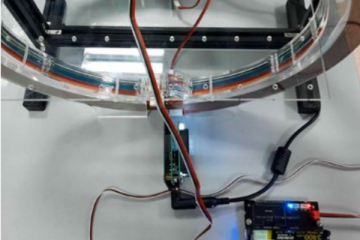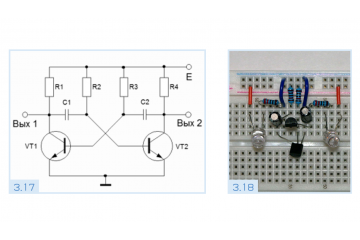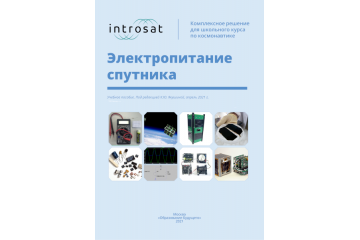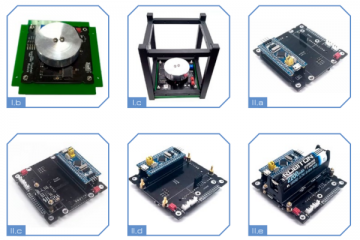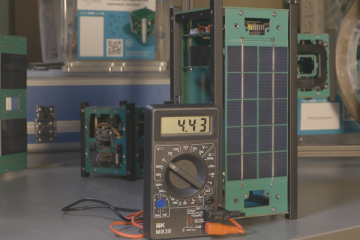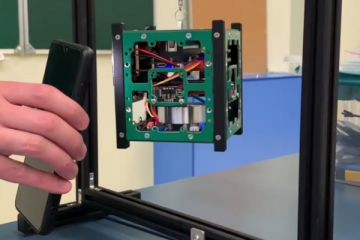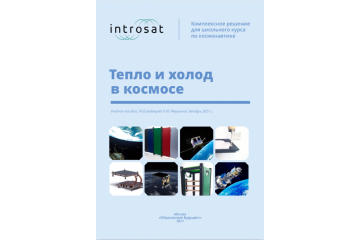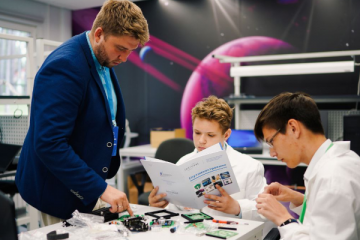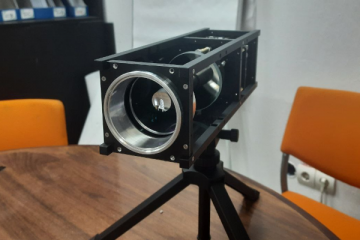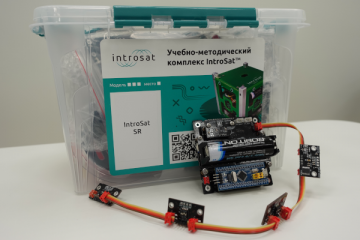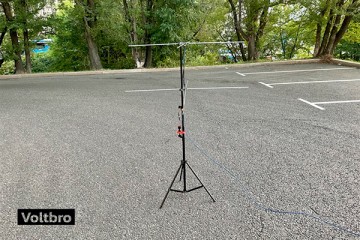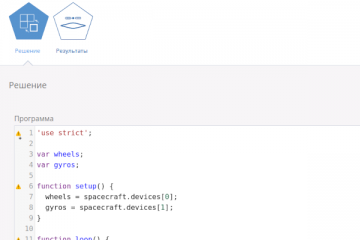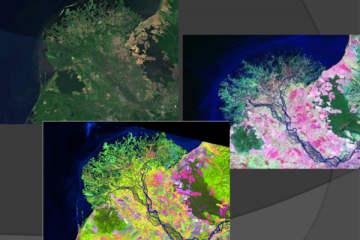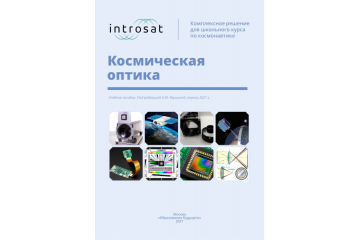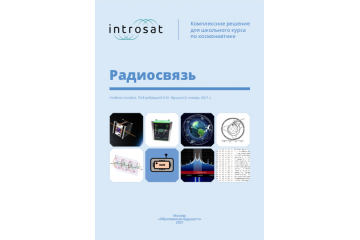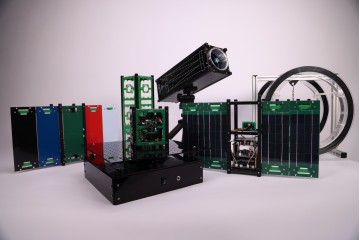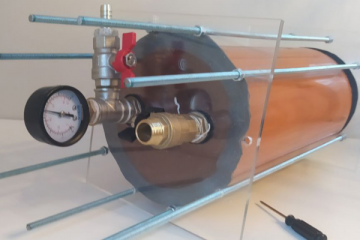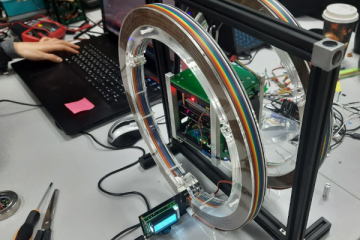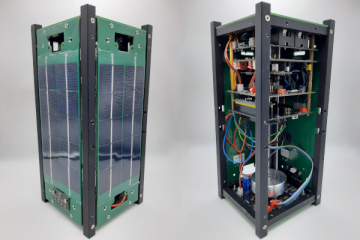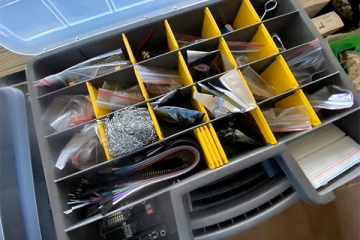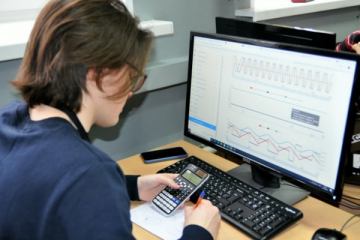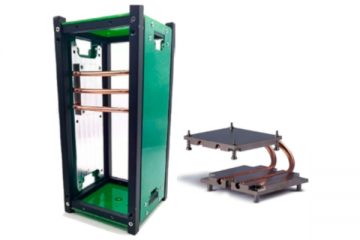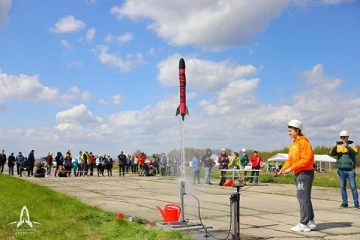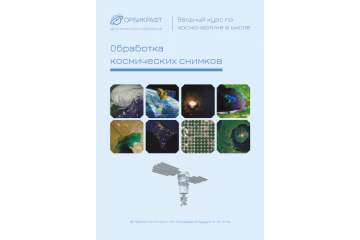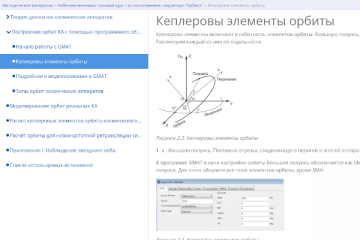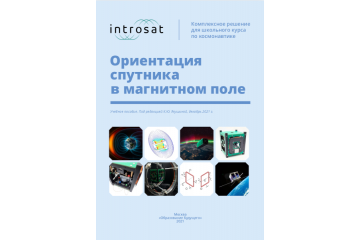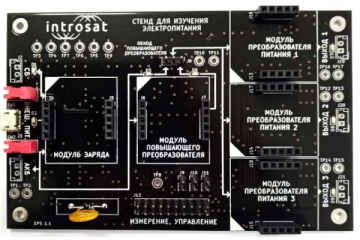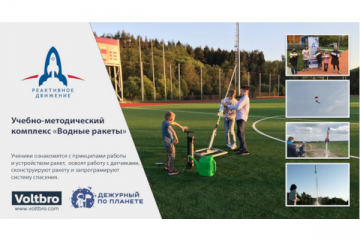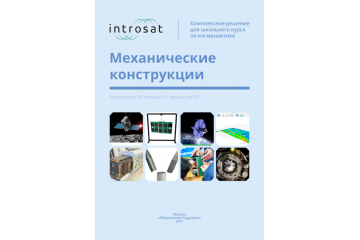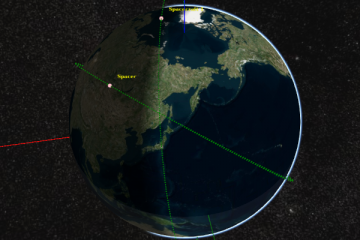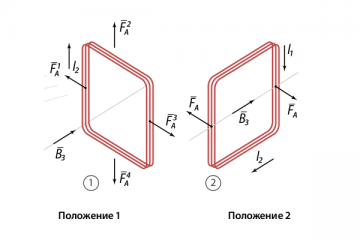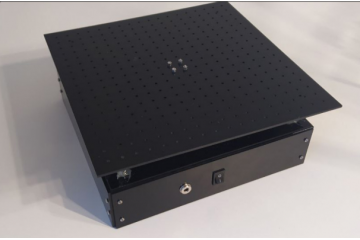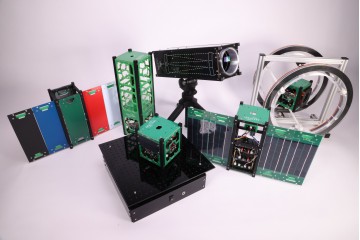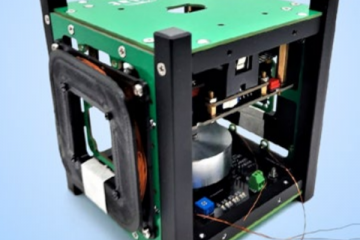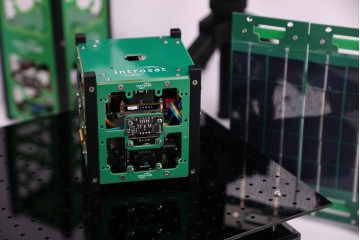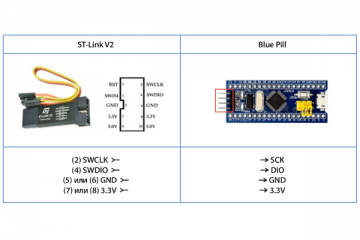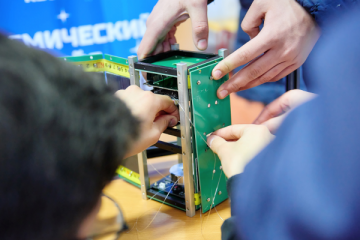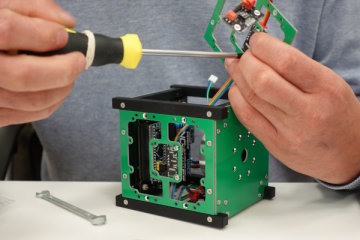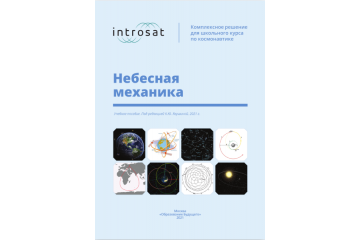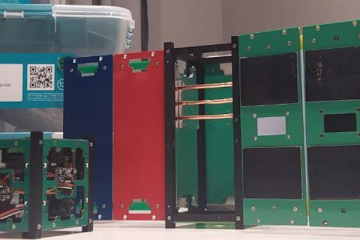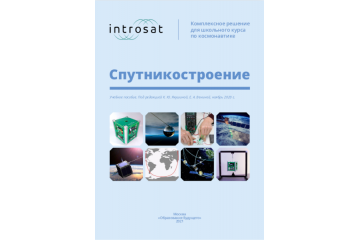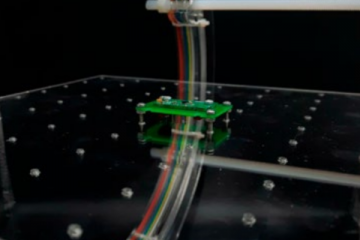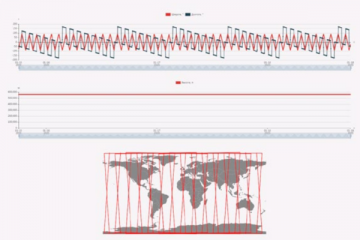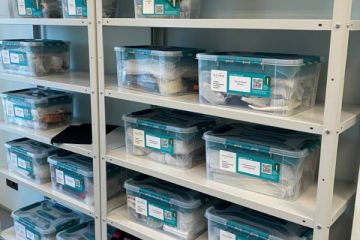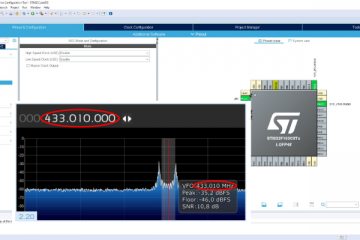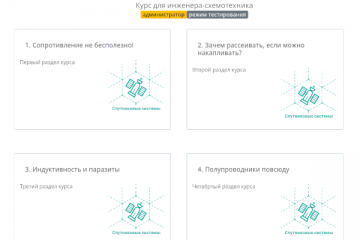Special space engineering laboratory kit based on Introsat, Volt Brothers and ProLab kits for engineering classes for a group of 15 students.
Kit contents:
| Information for tenders | |
| OKPD | 32.99.53.130 |
| KTRU | 32.99.53.130-00000043 |
| What is in box | |
| Groups of themes in education materials | Satellite building, Radio communication, Celestial mechanics, Magnetism, Mechanical structures, Satellite power supply, Space data reception, Space image processing, Rocket building (rocket modeling). |
| Format of education materials | Online |
| Hardware and materials | Introsat Satellite Instructional Designer. Basic set. Version for technology lesson. - 5 pcs, Introsat Constructor. Extension "Mechanical constructions".Version for technology lesson. - 5 pcs, Constructor Introsat. Introsat Designer. Extension "Satellite power supply". Version for technology lesson. - 5 pcs, Designer Introsat. Extension "Magnetism". Version for technology lesson. - 5 pcs, Water rocket constructor - 5 pcs, Water rocket launcher with radio receiving station - 1 pc, Receiving station constructor - 5 pcs. Expanded set for group workshops on the group of topics "Satellite building" (femtosatellite platform, multimeters, crimpers, battery chargers) - 1 pc, Set of additional consumables for the laboratory. - 1 pc, Service "Orbit.Challenge". Extended license for 3 years - 1 pc, Electronic teaching aids for groups of topics "Celestial mechanics", "Satellite construction", "Radio communication", "Mechanical constructions", "Satellite power supply", "Magnetism", "Space images processing", "Space data reception", "Rocket construction" |
| Box type | Plastic containers suitable for storing kits in the laboratory, cardboard or polyethylene packaging for oversized components |
| Electronic modules features | |
| Space unit type | CubeSat microsatellites, test stands, model rockets, mobile space data reception stations |
| Central control unit type | Arduino-compatible microcontroller, including for satellites - STM32 family |
| Voltage | 3.3V, 5V, 9V, adjustable |
| Power connectors | Arduino Shield (PBS), PLS, JST |
| Battery type | 18650 |
| Data interfaces | I2C (main), GPIO, PWM, UART, SPI, CAN |
| Data connectors | MicroMatch 4F, PLS, Arduino Shield (PBS), MicroSD |
| Wireless interfaces | Bluetooth, VHF Radio |
| Software Features | |
| Software access form | Online service access |
| Access duration | 36 months (for online support service) |
| Number of end users | 150 |
| Software Features List | Space mission design function, including determination of the number, structures, orbits and control programs of spacecraft, including determination of coordinates and parameters of ground stations, including calculation of mission results in the numerical simulation system, including the ability to display graphs of changes in the objective indicators of the mission after its calculation, including the ability to display the position of vehicles during the mission in 2D and 3D format; The function of creating courses of problems and competitions for students, including creating and modifying space mission design tasks with customizable and manual evaluation of the mission simulation result including creation and modification of tests with answers in the form of a choice of value, number, string with customizable and manual evaluation of the result including creating and modifying tasks for the development of program code with customizable and manual evaluation of the result Catalog of materials for the teacher including sample tasks for the development of courses and competitions, number, pcs including availability of methodological materials in electronic form for conducting classes in the field of space engineering Manage student access Formation of teams of students, accounting for individual and team results |
| Number of concurrent events | 10 |
| Available disk space | 3000 MB |
| Education expirience | |
| Themes of lessons | Overview of modern satellite construction, Basics of orbital mechanics, Assembly of microsatellite, Programming of sensors and actuators, Simple algorithms for stabilization and orientation of spacecraft, Radio communication channel setup and programming, Image capture and transmission, Factors of space flight, Design with load calculations, Vibration testing of spacecraft, Force elements of spacecraft structures, Opening of solar panels, Testing of spacecraft for operation in ultra-low latitude conditions, Electricity, Beginnings of circuitry, Voltage converters, Power system assembly, Solar batteries and wiring diagrams, Spacecraft energy balance, Fundamentals of celestial mechanics, Orbital elements, Satellite applications in demand, Stabilization and orientation of spacecraft in orbit, Orbit correction using jet propulsion (including, but not only Goman transition), Planning the scheme of information exchange with spacecraft, Interference-resistant coding, Orbit selection for a spacecraft for a given purpose (flying over a point, realization of necessary communication sessions and others), Orbit determination based on known communication data, Designing a constellation of remote sensing satellites of different types with shadowing of the zone of interest, Mission design taking into account the task of maintaining the energy balance (control of orientation, orbital motion, light and shadow situation). History of rocket building, design of rocket models, 3D modeling, manufacturing of parts on 3D printer, laser cutting machine, Software for signal reception, Software for satellite tracking, Software for signal decryption, Antenna calculation and assembly, Signal reception and processing, Space images and methods of work with them, Types of imagery by used spectrum areas, Computer processing of images, Work with optical, thermal, radar images. |
| Engineering skills | Microcontroller Programming, Radio Engineering, Electrical Engineering and Power Balance Calculations, Circuitry and Electronic Board Design, Power Balance Calculations, Design, 3D Modeling, Strength Calculations, Orientation and Stabilization Algorithms, Interference Tolerant Coding, Orbital Mechanics Calculations, Image Processing, Jet Flight Physics, Flight Performance Calculations and Experimental Verification, Satellite Data Acquisition |
| Age of students | 14 years and older (certain tasks can be adapted for younger children) |
| Max. amount of students working with 1 kit | 15-20 (simultaneous sessions for 2 or more groups of this size on alternating topics are possible) |
| Learning hours | 196-292 |
| Competition preparation | National Technological Olympiad (profile "Satellite Systems"), "Planet Duty Officer" program (direction "Applied Space Systems" and others), "Reactive Movement" rocket-building championship, "Orbit" International Tournament. |
Engineering Laboratory "Spacecraft Design"
- Brand: Education of the Future
- Product Code:Introsat Lab-UL
- Availability:Order in 3 months
-
₽ 4,952,200.00
- The price includes VAT 5%
Tags: Set, Satellites, IntroSat, Rockets, Radio, Voltbro, Prolab
